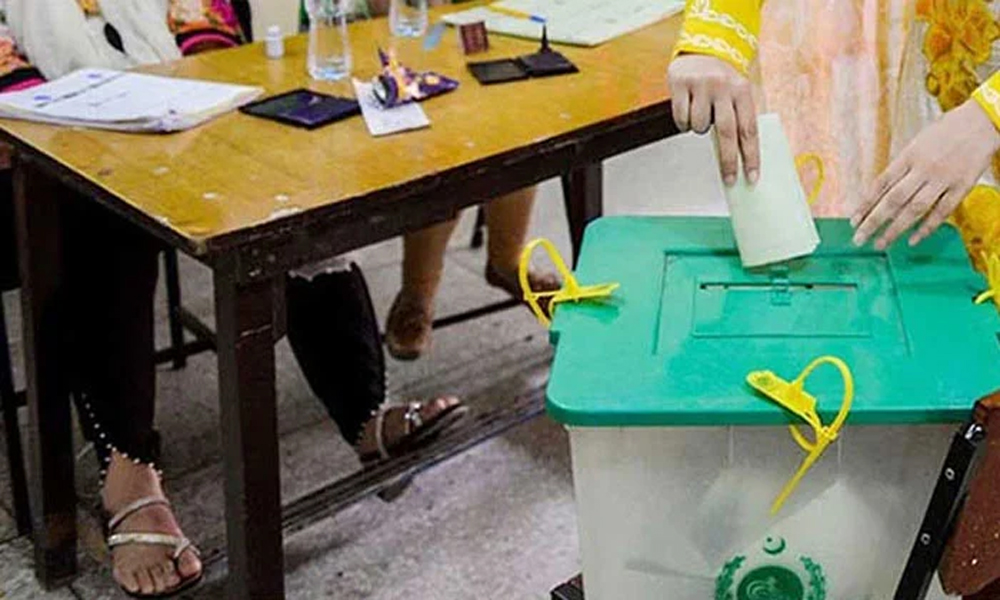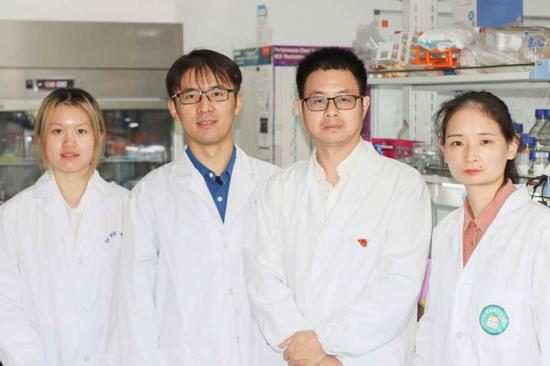
Samsung Electronics employees walk past the company's logo displayed at its office in Seocho District, Seoul, Oct. 8. Yonhap Excessive competition between execs damages company’s chip yield: experts By Nam Hyun-woo Samsung Electronics is facing increasing scrutiny over its crisis management capabilities as it approaches its upcoming earnings call for the third quarter of this year and the 55th anniversary of the company's founding.
Experts said Samsung's recent earnings slowdown, highlighted by disappointing third-quarter performance numbers linked to its struggling AI-specific high-bandwidth memory (HBM) business, is rooted in a detrimental corporate culture rather than a lack of fundamental technological competitiveness. This backdrop is generating heightened interest in the messages anticipated during the earnings call and the anniversary event. Samsung will hold its earnings call for the third quarter, Thursday, and announce the fixed numbers for third-quarter profits.
Earlier this month, the company anticipated 9.1 trillion won ($6.56 billion) in operating profit for the third quarter, which was far below market consensus.
The decline in profitability within the chip business is thought to have affected the company’s overall operating profit. Market estimates suggest that profits from its chip operations range from 4 trillion won to 4.4 trillion won, significantly lower than those of its rival, SK Hynix.
SK hynix achieved an operating profit of 7.03 trillion won in the third quarter. Unless Samsung achieves a dramatic rebound in the fourth quarter, chances are very high that SK hynix will be Korea's most profitable chipmaker when yearly results are tallied at the end of the year.
Samsung Electronics Executive Chairman Lee Jae-yong arrives at the Seoul High Court in Seocho District, Seoul, Monday, to attend a court hearing. Yonhap Samsung's slowdown can be attributed to its HBM business. Despite facing similar challenges in the chip industry, SK hynix reported strong performance, with HBM sales accounting for 30 percent of its total DRAM revenues in the third quarter.
Buoyed by strong ties with Nvidia, SK hynix is consolidating its leadership by mass-producing the most advanced 12-layer HBM3e chips . In contrast, Samsung has yet to supply HBM3e chips for Nvidia’s quality tests due to a low manufacturing yield, which refers to the ratio of good and error-free units to the total number of units produced. A similar situation is evident in Samsung’s foundry business, as its yield for the 3-nanometer process remains at a disappointing level.
“The biggest factor affecting the current concerns surrounding Samsung is the company’s corporate culture of pursuing excessive meritocracy among its executives,” said Professor Lee Jong-hwan of Sangmyung University’s Department of System Semiconductor Engineering. “The issues with HBM and foundry businesses stem from executives rushing to achieve quick results. When developing technology, it's crucial to consider mass production, meaning the manufacturing yield, but the meritocracy is driving executives to focus on immediate development achievements without considering mass production.
” Samsung has been keen to introduce new semiconductor technology for the first time in the world . In February, Samsung announced that it developed the world’s first 12-layer HBM3e, but SK hynix said it began mass production of the 12-layer chip in September. “One of the most crucial factors in semiconductors is mass production, which hinges on yield.
Yield improves when all departments of a chipmaker work toward a shared goal in a coordinated manner,” Lee said. “However, in recent years, Samsung has been prioritizing the introduction of the world’s first technology without adequately considering mass production, as each executive focuses on gaining personal credit.” Samsung Electronics' 12-layer HBM3e / Courtesy of Samsung Electronics Professor Yoo Hoi-jun of Korea Advanced Institute of Science and Technology’s Graduate School of AI Semiconductor echoed a similar view that the root cause behind concerns surrounding Samsung is its corporate culture, not the company’s key technology.
“Samsung has fundamental technologies, but its corporate culture appears to be discouraging its employees,” Yoo said. “This is not the first time that the tech giant faced a so-called crisis and other problems related to its corporate culture, such as a lack of communication between departments. This time, however, it seems that the company has already lost its spirit to overcome challenges, staging blame games between departments.
” Against this backdrop, attention is growing on the message that the company is expected to deliver during its earnings call and the ceremony to commemorate its 55th anniversary slated for Friday. During last year’s anniversary ceremony, Samsung Electronics CEO and Vice Chairman Han Jong-hee stressed the importance of technology and quality. Han is expected to address employees again at this year’s event, but sources said that Samsung's Executive Chairman Lee Jae-yong is unlikely to take part.
.














